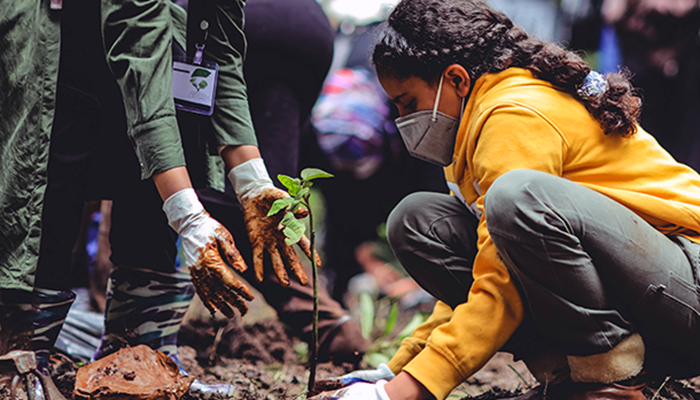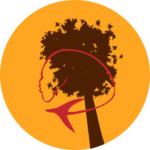WORK TO GROW
Secure the bag and protect nature
Nature Canada’s Work to Grow program connects racialized youth to jobs that promote and protect nature. Join our list below to get updates!

Work
Discover jobs from deskwork to fieldwork. Explore openings in science, education, administration, and more!

Grow
Learn how organizations are protecting nature and how you can too! All while building your professional skills and professional network.

Secure the bag
Not only will you receive career training and networking opportunities, all Work to Grow placements are paid positions, up to 15 weeks.

Get on the List
Complete the form below to receive updates. If you face barriers completing the process, please email worktogrow@naturecanada.ca for support and alternative application options.
By submitting this form, you agree to receive email and SMS updates about upcoming advocacy, job, and volunteer opportunities at Nature Canada. We respect your privacy and you may unsubscribe at any time.
Frequently Asked Questions
Have a question not listed here? Email worktogrow@naturecanada.ca and we’ll be happy to help!
Who can apply for jobs in the Work to Grow program?
Youth from across Canada who are:
- Between the ages of 15 and 30 (inclusive)
- Legally entitled to work in Canada
- A Canadian citizen, permanent resident, or granted refugee status
Who can advertise jobs in the Work to Grow program and receive the wage subsidy?
Organizations whose work is related to nature conservation or appreciation. These could include:
- Non-profits (for example, nature groups, forest schools, social justice organizations)
- For-profits (for example, Hiking groups, Farms)
- Indigenous Organizations/Governments
- Educational and Cultural institutions
What is the deadline to apply?
Applications are welcome on an ongoing basis.
Do jobs have to be full-time?
Jobs may be full or part-time.
How long are the placements?
Full time job placements are up to 15 weeks. Part time job placements may be longer, contact us for more information.
What kind of training for youth is part of the program?
A goal of the program is to provide skill development opportunities as well as exposure to various leaders within the nature sector. We also want to create a community! We will ensure youth in the program are connected and can share what they are learning and what challenges they may be facing.
How much will youth earn?
What does BIPOC mean?
BIPOC stands for Black, Indigenous, People of Colour.
Are only BIPOC youth eligible?
Protecting nature is a racial justice issue. Equity and anti-racism are crucial to protecting nature. We aim to create a world where people and nature thrive and we must all do our part to push for lasting change.
Racialized youth face unique barriers in developing experience and finding jobs in nature-related activities. The lack of racialized people working in conservation and nature organizations is a barrier to youth seeing themselves in those roles. So, while our program is not exclusive to BIPOC youth, we strongly encourage hires to come from these equity deserving groups.
What does ‘racialized’ mean?
Racialized communities encompass all people that are non-white in colour, including Indigenous peoples. The term racialized acknowledges the fact that the barriers faced by communities are rooted in the racial prejudice of society and are not a product of our identities. Racialized communities are not a monolith and each community and individual experiences different lived experiences.
What else is Nature Canada doing to be a better ally?
Nature Canada is on a journey to implement our commitment to advance racial and gender equality, as well as Indigenous rights and reconciliation, as part of our mission to discover, defend and restore Nature. We have identified the engagement of racialized communities as a priority. This work is core to our organizational culture at all levels, from governance to programming.

